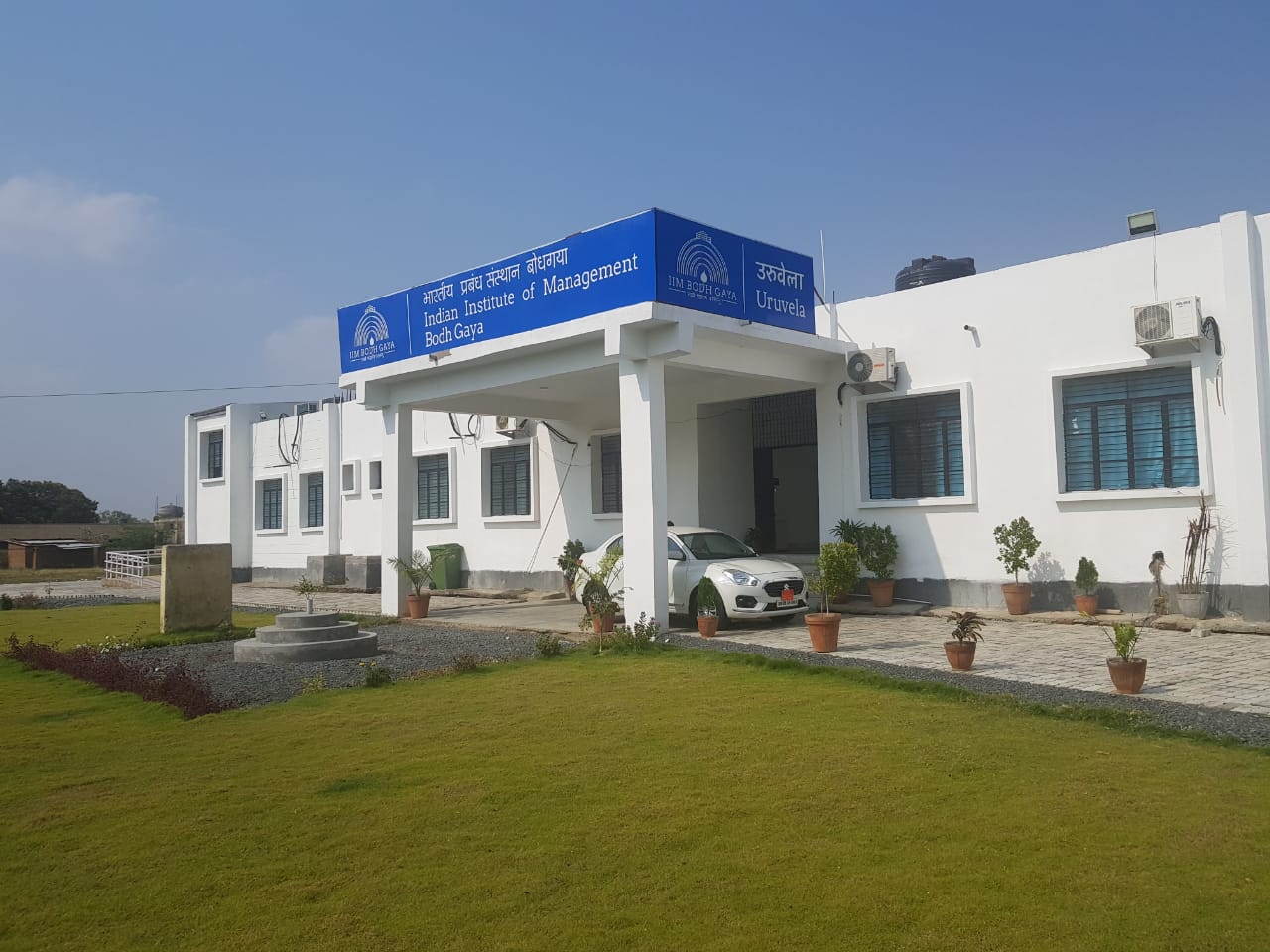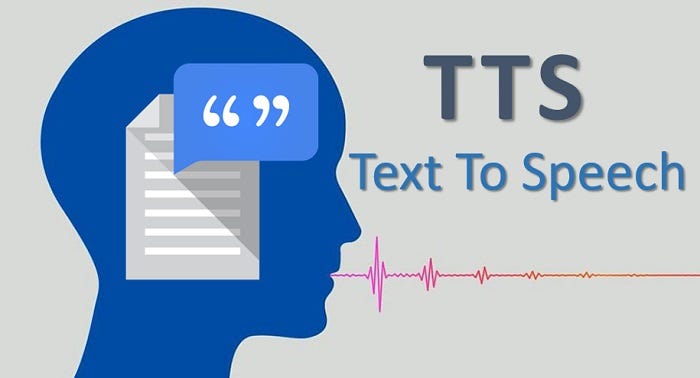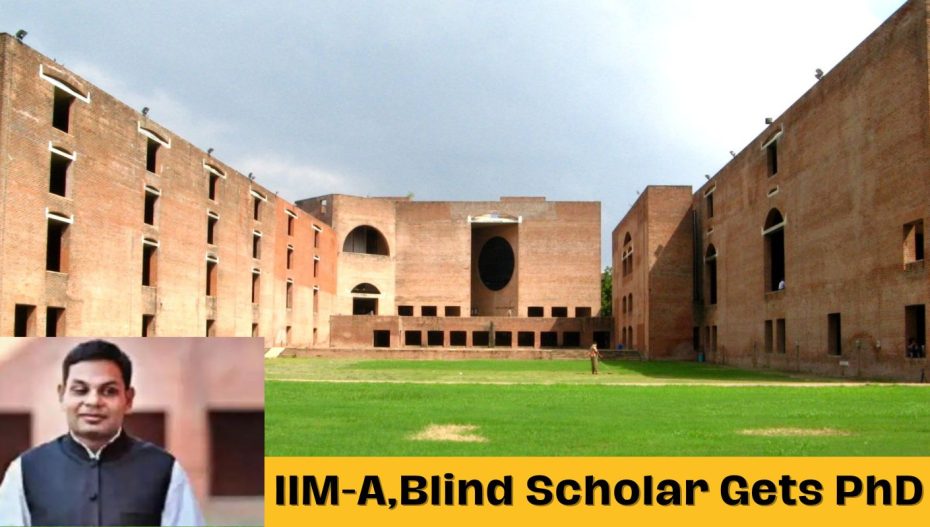Ahmedabad: Tarun Kumar Vashisth, a 42-year-old scholar from Uttarakhand, has become the first visually impaired person to receive a PhD from the prestigious Indian Institute of Management Ahmedabad (IIM-A). Vashisth’s doctoral thesis focused on the experiences of blind employees in Indian corporations.
Vashisth is set to join IIM Bodh Gaya as an assistant professor later this month, making him a trailblazer for visually impaired faculty members in non-disabled institutions. Experts believe he could be the first visually impaired full-time professor at any IIM.

Vashisth credits his supportive family and upbringing for his success. He attended mainstream schools and even pursued subjects like mathematics, which are typically considered challenging for visually impaired students.
However, his journey wasn’t without hurdles. After clearing the entrance exam for IIT Roorkee in the general category, he was denied admission due to his visual impairment. Undeterred, Vashisth secured admission to the doctoral program at IIM-A in 2018, again through the general category.
“The program started in 1971, but I was the first visually impaired candidate to be admitted,” Vashisth says. “It was a new experience for both me and the institute. As a PhD student, I needed to explore a vast amount of study material on a daily basis.”
To accommodate Vashisth’s needs, the institute modified its presentation-based teaching style to allow him to revisit the material later. He was also provided with a scribe for exams and a tablet to refer to case studies. Additionally, the library’s text-to-speech and optical character recognition system was relocated to a quieter area at his request.

Vashisth’s research, titled “Ableism and employment of persons with disabilities: Organizational socialization of employees with blindness,” delved into a topic close to his heart. His advisors included professors Rajesh Chandwani, Rajat Sharma, and Sushil Nifadkar.
His study identified three types of organizational responses to blind employees:
- Treating them as a quota: In this system, blind employees are not given meaningful work.
- Managerial initiative: Here, managers take some effort to integrate blind employees.
- Full participation: This system allows blind employees to realize their full potential by providing them with work suited to their strengths, ultimately benefiting the organization’s productivity.
Vashisth emphasizes the concept of ableism, which refers to processes and systems that fail to consider the needs of individuals with disabilities. He highlights that his research showed blind employees strive for productivity in all three systems. He hopes his findings will open doors for more opportunities for visually impaired individuals.
Professor Chandwani commends Vashisth’s achievement, stating, “Vashisth’s success proves that with the right support system, a student with a disability can excel academically.”
Land for bullet train project? Why not ours? Farmers ask HC. Read More












